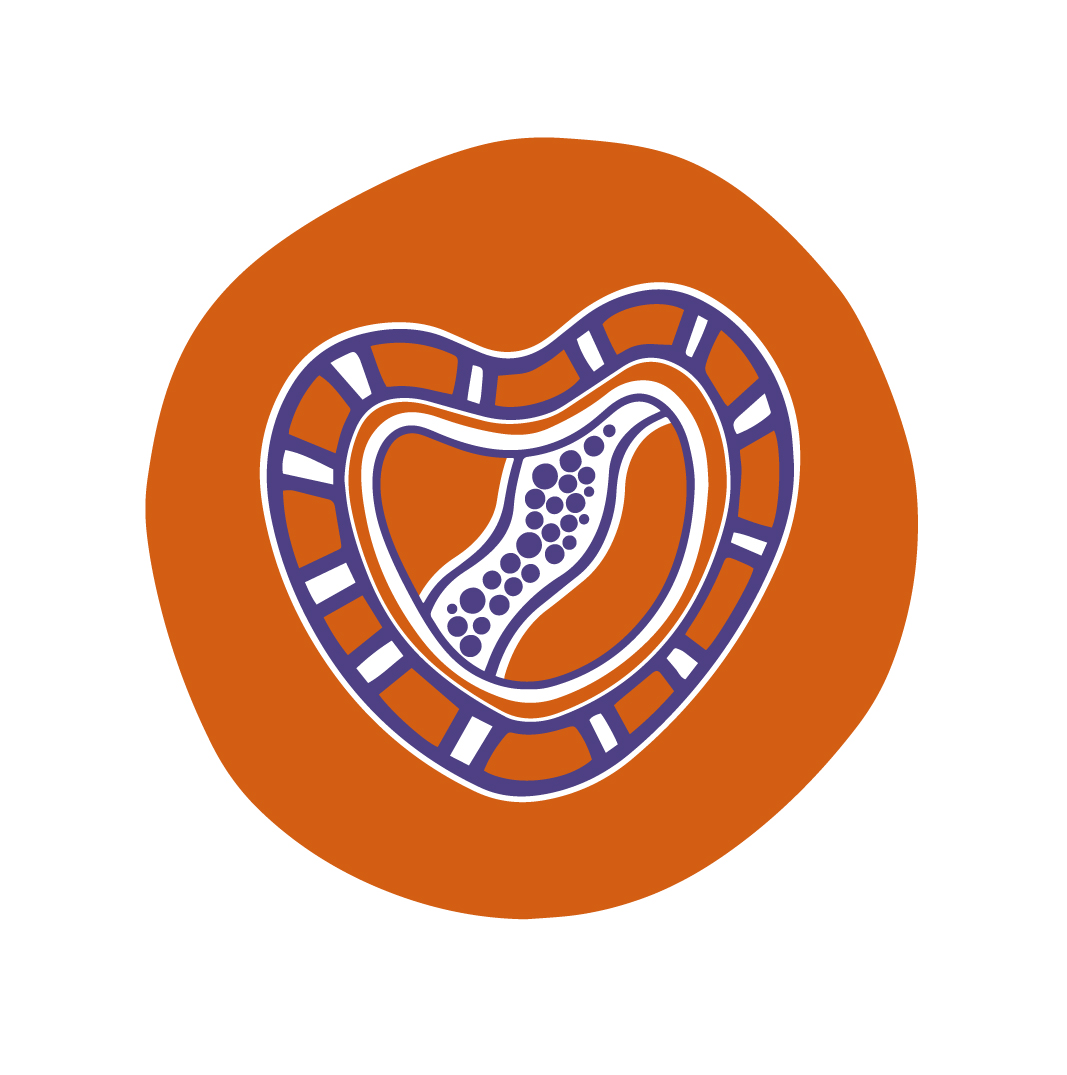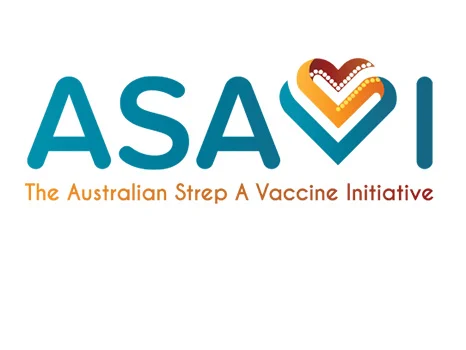Reports and Findings
Research
Human erythroleukemia genetics and transcriptomes identify master transcription factors as functional disease driversAcute erythroleukemia (AEL or acute myeloid leukemia [AML]-M6) is a rare but aggressive hematologic malignancy. Previous studies showed that AEL leukemic cells often carry complex karyotypes and mutations in known AML-associated oncogenes.
Research
Constitutive Activation of RAS/MAPK Pathway Cooperates with Trisomy 21 and Is Therapeutically Exploitable in Down Syndrome B-cell LeukemiaChildren with Down syndrome (constitutive trisomy 21) that develop acute lymphoblastic leukemia (DS-ALL) have a 3-fold increased likelihood of treatment-related mortality coupled with a higher cumulative incidence of relapse, compared with other children with B-cell acute lymphoblastic leukemia (B-ALL).
Research
Gain of chromosome 21 in hematological malignancies: lessons from studying leukemia in children with Down syndromeStructural and numerical alterations of chromosome 21 are extremely common in hematological malignancies. While the functional impact of chimeric transcripts from fused chromosome 21 genes such as TEL-AML1, AML1-ETO, or FUS-ERG have been extensively studied, the role of gain of chromosome 21 remains largely unknown.

Research
The END RHD CRE: Developing an end game for rheumatic heart disease in AustraliaThe END RHD CRE will undertake a number of projects across several disciplines of research including epidemiology, biomedical sciences; implementation and translation; and understanding the RHD community with a special focus on documenting the experiences of those living with the disease.

Research
Australian Strep A Vaccine Initiative (ASAVI)The Australian Strep A Vaccine Initiative (ASAVI) is an Australian-led global initiative with the goal of reducing the disease burden caused by Group A Streptococcus (Strep A) infection through effective vaccination.
Research
Systems biology of mitochondrial diseasesInvestigators: Professor Aleksandra Filipovska, Dr Stefan Siira Project description This project will focus on new and cutting-edge development of methods and technologies for data integration, visualisation, and interpretation. The project will
Research
Engineering new tools to improve energy metabolismAleksandra Filipovska BSc PhD Louis Landau Chair in Child Health Research; NHMRC Leadership Fellow; Deputy Director, ARC Centre of Excellence for Synthetic Biology; Adjunct Research Professor, Monash University Louis Landau Chair in Child Health
Research
Mitochondrial Gene TherapyAleksandra Filipovska BSc PhD Louis Landau Chair in Child Health Research; NHMRC Leadership Fellow; Deputy Director, ARC Centre of Excellence for Synthetic Biology; Adjunct Research Professor, Monash University Louis Landau Chair in Child Health
Research
Developing new models of mitochondrial diseases using CRISPR/Cas technologiesAleksandra Filipovska BSc PhD Louis Landau Chair in Child Health Research; NHMRC Leadership Fellow; Deputy Director, ARC Centre of Excellence for Synthetic Biology; Adjunct Research Professor, Monash University Louis Landau Chair in Child Health
Research
A pilot study into assessing the danger of heated-tobacco-productsAlexander Anthony Dr Katherine Larcombe Kicic Landwehr BScEnv (Hons) PhD BSc (Hons) PhD BSc(Hons) Honorary Research Fellow Rothwell Family Fellow; Head, Airway Epithelial Research Senior Research Officer Anthony.Kicic@thekids.org.au
